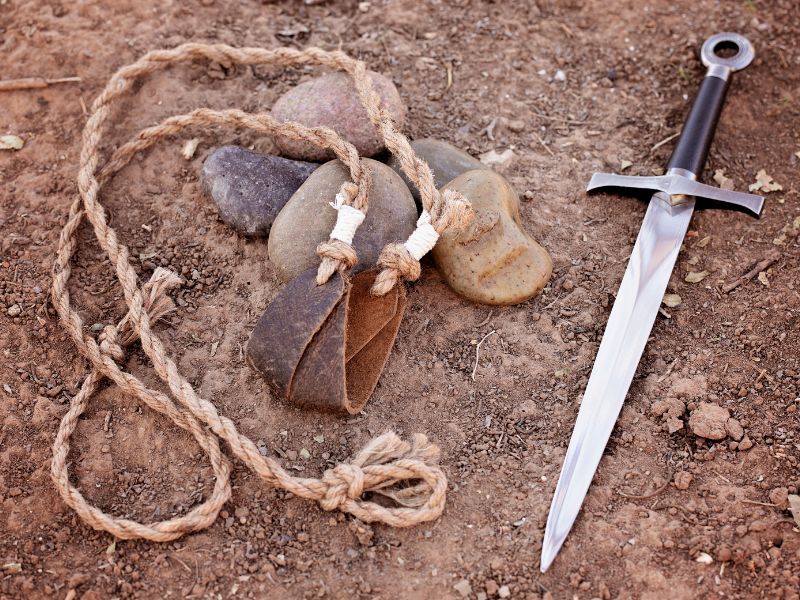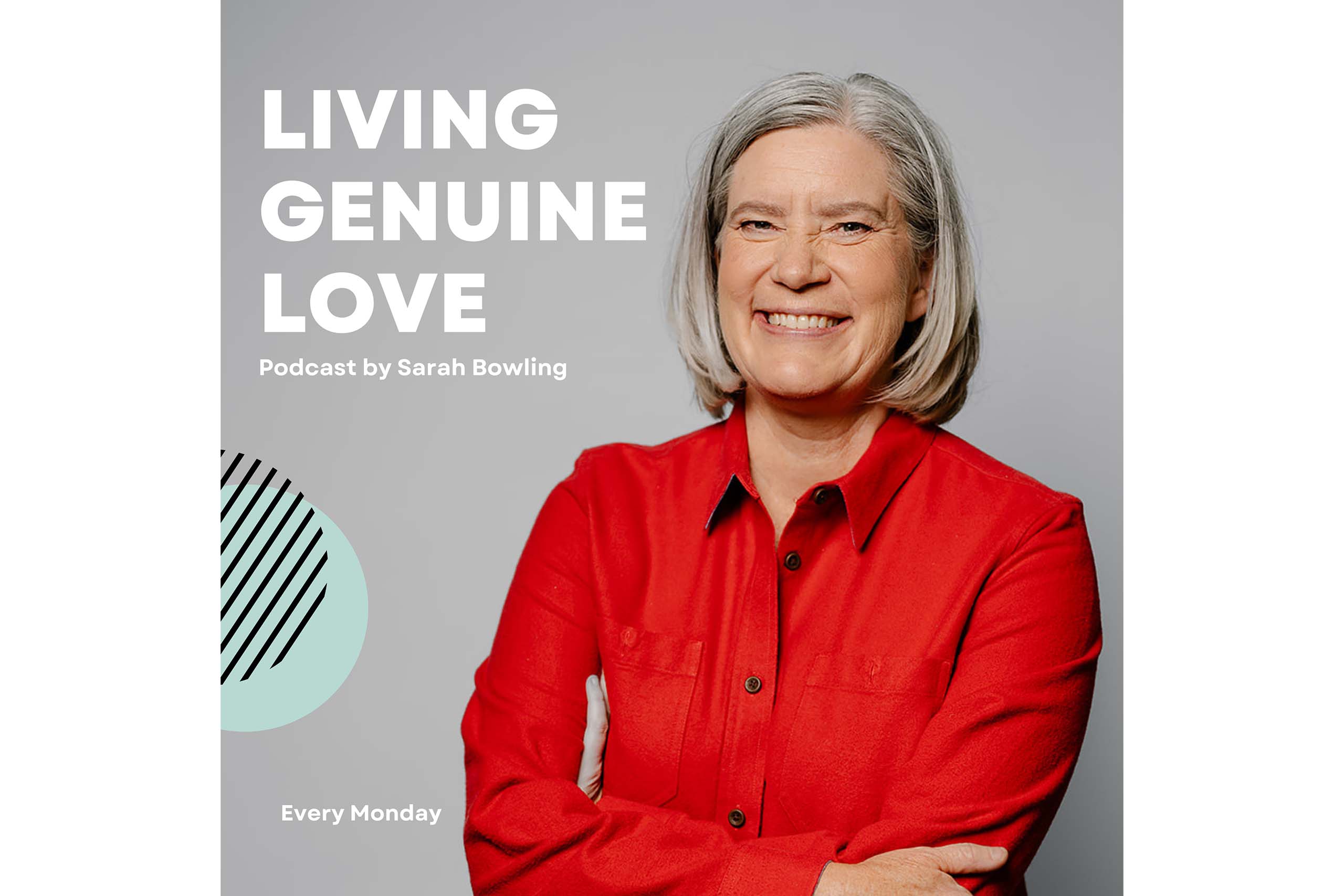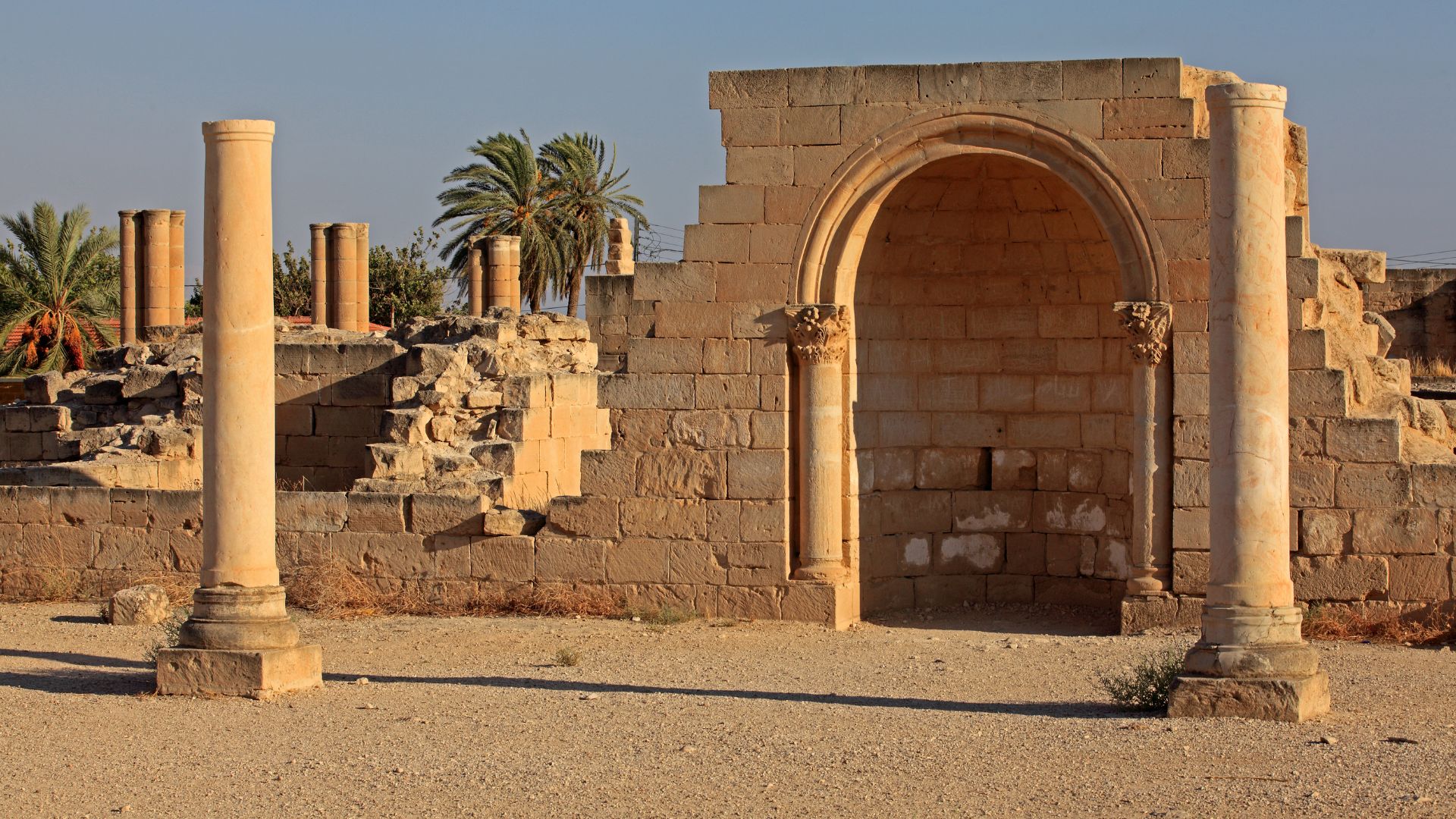When you think about David in the Old Testament, what comes to your mind? Possibly one of the most well-known stories about David is the whole giant killing thing – David and Goliath. And there’s been no shortage of sermons, books, speeches, articles, etc. utilizing this story for a variety of purposes.
When we look at David’s life, we see that he wasn’t always the shepherd boy underdog who defeated the giant, seasoned warrior. David was truly an incredible warrior in his own right. Indeed, King Saul made David a very prominent leader in his army and even the Philistine King, Achish, made David a military leader when David moved away from his homeland to escape Saul’s murderous and relentless pursuit.
David was a fierce warrior and his exploits positioned Israel to be the strongest nation in the area. With this understanding, it’s interesting to consider God’s reply when David wanted to build a house for God. In 1 Chronicles 28:3, we read, “But God said to me [David], ‘You shall not build a house for My name because you are a man of war and have shed blood.’”
In recognizing David as a phenomenal warrior, what are some lessons that we can learn and apply from David’s military prowess?
For starters, David was led by God in his military endeavors. There are many occasions where David sought God’s direction and wisdom for engaging in a battle. I would attribute David’s successes, first and foremost, to his commitment to pursue God’s input on his military conflicts. To this end, just because God gave David victory in a certain way, David didn’t continue to seek God rather than rely on a past strategy. Consider reading 2 Samuel 5:17-25 to see a great example of this.
Additionally, David empowered fellow warriors who fought with him. I’d suggest that David valued teamwork and perceived military victories within the context of a team, considering that he had a group of warriors known as, “David’s mighty men.” Consider reading 2 Samuel 23:8-39 and 1 Chronicles 11:10-47 to get a glimpse of these incredible soldiers and their exploits.
Another interesting lesson from David as a warrior relates to his willingness to listen, check and change his emotions. This lesson is most easily seen in the events that transpired with Nabal, his wife Abigail and David’s soldiers in 1 Samuel 25. For a quick summation, David and his men had protected the flocks and shepherds of Nabal. When David sent messengers to him to ask for some supplies, Nabal was entirely rude, so much that David was marching to Nabal’s house to kill everyone. Thankfully, Abigail intercepted David and pleaded with him to reconsider his intentions. In reply, David says this to her in 1 Samuel 25:32-33, “. . ., ‘Blessed be the Lord God of Israel, who sent you this day to meet me, 33 and blessed be your discernment, and blessed be you, who have kept me this day from bloodshed and from avenging myself by my own hand.’”
From these lessons reflecting on David as a warrior, let’s employ them in our lives even though we may not be a seasoned warrior like David. Wisdom is good to integrate into our lives regardless of the context!



